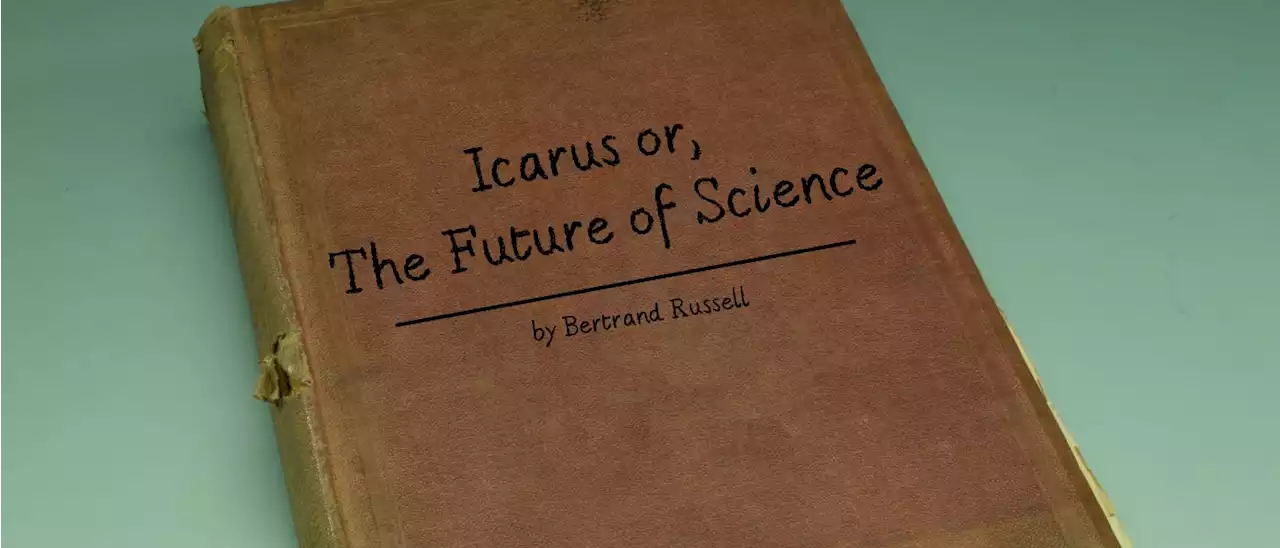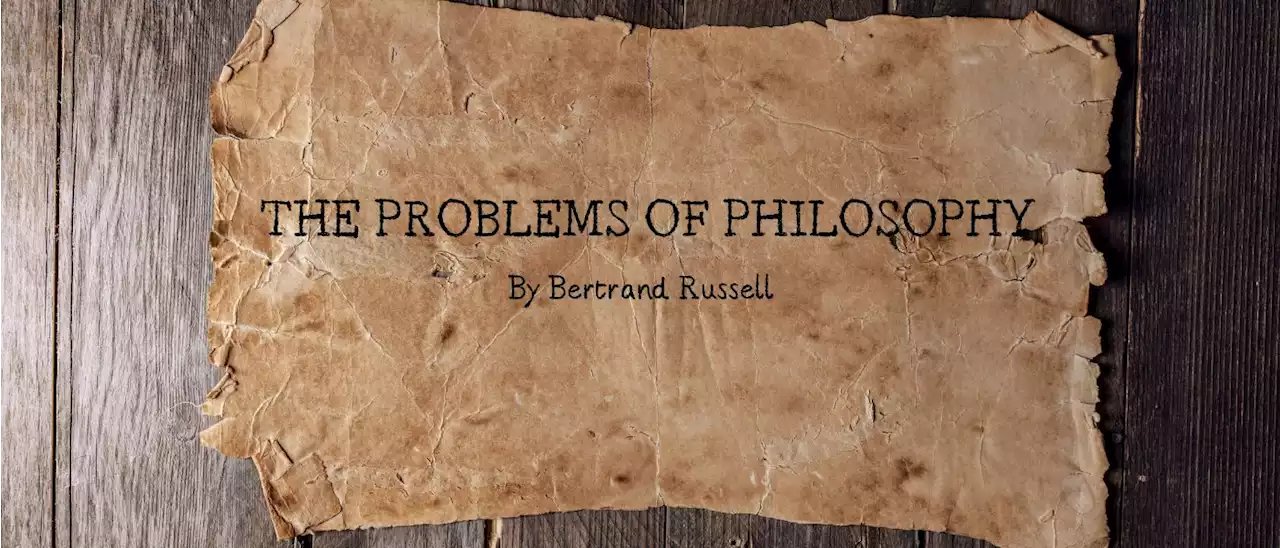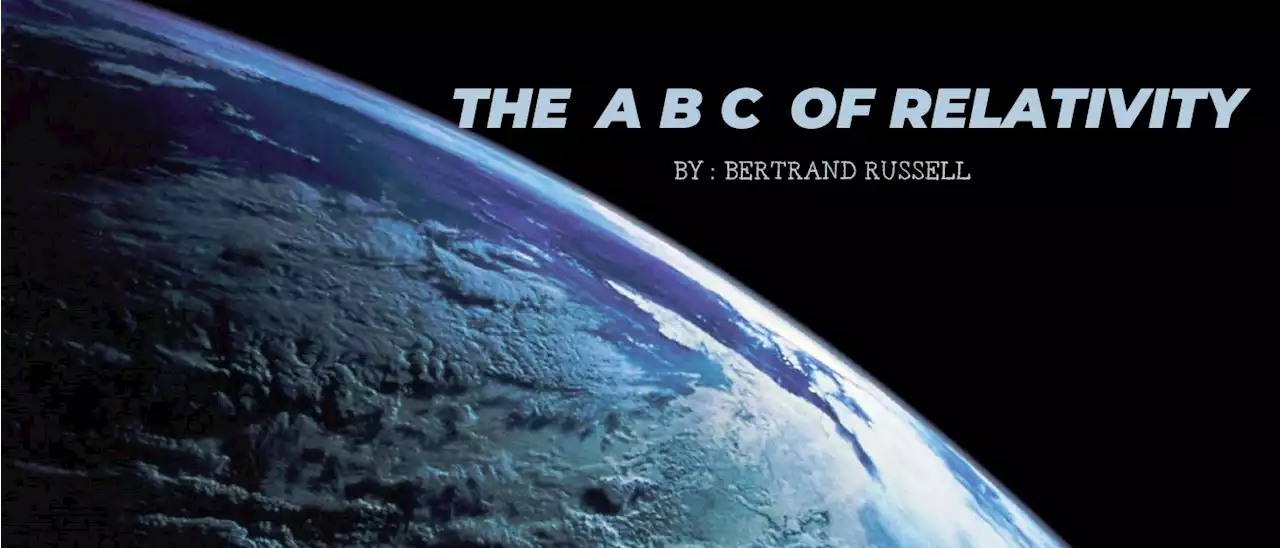Innovation is a critical driver of economic growth and societal progress. But worryingly, tech innovation has been slowing for decades. - by Raudaschl innovation economy
make me feel that many of us share similar concerns on how such things could impact our future economic prospects.
For eight thousand years and up until the nineteenth century, poverty, patriarchal systems, and slow technological progress kept humanity in the grip of the Malthusian trap, with nearly all of the potential benefits of better technology being eaten up by population growth and resulting resource scarcity.
Without the backing of any organized program, innovations only came about unplanned and inefficiently. It’s nothing short of a monumental feat that, as a species, we have successfully switched our societal focus from exploitation to productivity. One could argue that the best and biggest ideas have already been discovered simply because it was easier to discover them.
As time has progressed, we have learned so many things that no single individual can retain them long enough to be impactful. A greater understanding of the world has required more people and more time, money, and resources to sustain our current level of economic growth. To maintain our exponential growth, we must effectively run faster and faster to stay in the same place. We find ourselves in a never-ending race, like the Red Queen from Lewis Carroll’sWe have to double our efforts every 13 years to offset the difficulty of finding new ideas.Why invest time, money, and people into developing new ideas when efficiency can guarantee the same resources produce incremental competitive advantages andIt’s not the industrialist’s fault.
All these factors contribute to lower economic and competitive dynamism. It kills one of Friedrich von Hayek’s key ingredients that soured our recent technological progress: theIf you’re still with me, you might be thinking: Ok, I get it. It sounds like innovation is slowing down, but so what? Maybe we have enough innovation for now, anyway.
We need new ideas that allow people to experience abundance and prosperity in sustainable and moral ways. If we don’t, we’re not just gambling with the biosphere but with future generations who deserve the best possible chance. Our recent focus on refinements within established research fields suggests that we may be losing sight of this goal. Simple, incremental research does not create much uncertainty, whereas innovative research can lead to entirely new fields of study with their own fundamental questions.
One option would be to have legislation require organizations of a specific size to invest part of their R&D budget in novel research.“Technological progress requires above all tolerance toward the unfamiliar and the eccentric.” — Joel Mokyr, The Lever of Riches For example, some of the West’s most prolific idols, like Leonardo Da Vinci and, more recently, Steve Jobs, are known for combining art and science to create astonishingly new inventions.
One solution to this problem is not to hire new employees with more and more similar expertise but instead a group of specialists with a common goal. Because no individual can be expected to have all the skills necessary to solve every problem, teams are essential to any business’s success. In a world where we’re increasingly communicating remotely, it’s worrying to hear that the best research is consistently produced by scientists working
Steve Jobs, the former CEO of Apple, spoke about the benefits of open spaces designed for in-person chance encounters when he presented the concept for their new spaceship campus. We should not fear AI but instead accelerate their use as assistants, enabling us to do what we do best: get weird and explore ideas creatively and confidently.
AI agents may not be able to make us super-intelligent, but they could pass knowledge on to us from the lessons of history — a sort of super-history. Decades of research have consistently shown that brainstorming groups think of far fewer ideas than the same number of people who work alone and later pool their ideas.“Serendipitous thought, the kind that makes critical breakthroughs and solves challenging problems, does not occur in groups.”
United States Latest News, United States Headlines
Similar News:You can also read news stories similar to this one that we have collected from other news sources.
 Icarus or, The Future of Science, by Bertrand Russell - Table of Links | HackerNoonIcarus or, The Future of Science, by Bertrand Russell, is part of the HackerNoon Books Series. Read this book online for free on HackerNoon! - by hackernoon sciencefiction literature
Icarus or, The Future of Science, by Bertrand Russell - Table of Links | HackerNoonIcarus or, The Future of Science, by Bertrand Russell, is part of the HackerNoon Books Series. Read this book online for free on HackerNoon! - by hackernoon sciencefiction literature
Read more »
 The A B C of Relativity, by Sam Williams - Table of Links | HackerNoonThe A B C of Relativity, by Sam Williams, is part of the HackerNoon Books Series. Read this book online for free on HackerNoon! - by hackernoon essay physicsstudies
The A B C of Relativity, by Sam Williams - Table of Links | HackerNoonThe A B C of Relativity, by Sam Williams, is part of the HackerNoon Books Series. Read this book online for free on HackerNoon! - by hackernoon essay physicsstudies
Read more »
 A hitch in time, by James MacCreigh - Table of Links | HackerNoonA hitch in time, by James MacCreigh, is part of the HackerNoon Books Series. Read this book online for free on HackerNoon! - by hackernoon sciencefiction shortstories
A hitch in time, by James MacCreigh - Table of Links | HackerNoonA hitch in time, by James MacCreigh, is part of the HackerNoon Books Series. Read this book online for free on HackerNoon! - by hackernoon sciencefiction shortstories
Read more »
 The Problem of Philosophy, by Bertrand Russell - Table Of Links | HackerNoonThe Problem of Philosophy, by Bertrand Russell, is part of the HackerNoon Books Series. Read this book online for free on HackerNoon! - by hackernoon nonfiction philosophystudy
The Problem of Philosophy, by Bertrand Russell - Table Of Links | HackerNoonThe Problem of Philosophy, by Bertrand Russell, is part of the HackerNoon Books Series. Read this book online for free on HackerNoon! - by hackernoon nonfiction philosophystudy
Read more »
 The A B C of Relativity, by Bertrand Russell - Table of Links | HackerNoonThe A B C of Relativity, by Bertrand Russell, is part of the HackerNoon Books Series. Read this book online for free on HackerNoon! - by hackernoon essay physicsstudies
The A B C of Relativity, by Bertrand Russell - Table of Links | HackerNoonThe A B C of Relativity, by Bertrand Russell, is part of the HackerNoon Books Series. Read this book online for free on HackerNoon! - by hackernoon essay physicsstudies
Read more »
 20 Songs That Will Help You Feel Grounded and Self-AssuredConsider this an invitation to slow down and breathe.
20 Songs That Will Help You Feel Grounded and Self-AssuredConsider this an invitation to slow down and breathe.
Read more »
